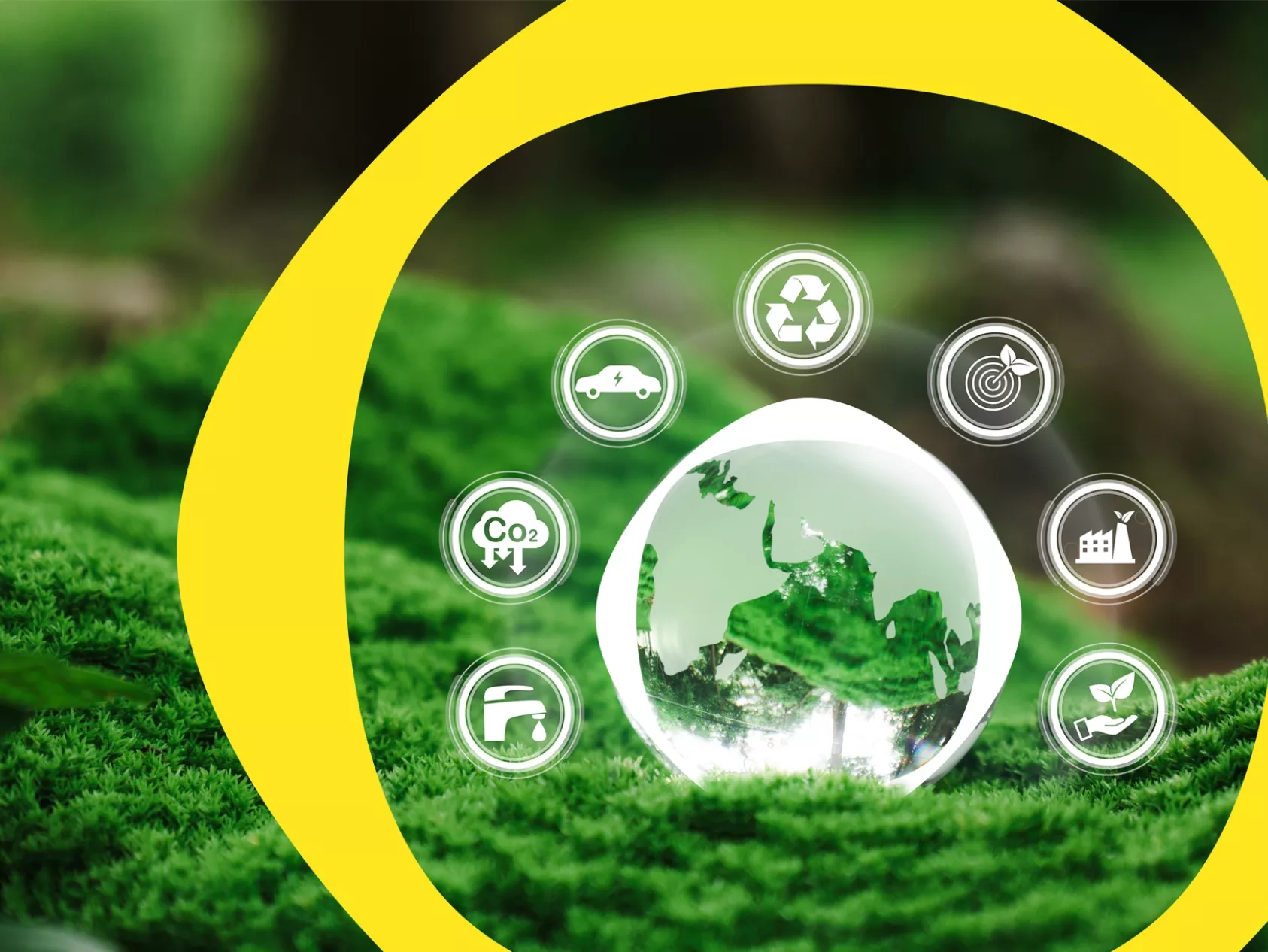Sustainable manufacturing refers to the process of producing goods in a way that minimizes environmental impact by conserving energy, reducing waste, and utilizing natural resources efficiently. The goal is to not only ensure environmental responsibility but also optimize operations in a cost-effective manner. This approach drives cost optimization by improving resource efficiency, reducing waste, and lowering energy consumption, which leads to operational savings. Moreover, it helps businesses comply with increasing regulations, enhances their brand reputation, and positions them for long-term competitiveness and growth in the market. By adopting sustainable practices, companies are able to build resilience against future regulatory changes and environmental challenges.
Importance of Sustainability in Manufacturing
- Enhanced Operational Efficiency: Manufacturers are integrating strategies like recycling wastewater, adopting solar energy, and implementing other circular economic practices to minimize waste and reduce costs. These measures directly improve operational efficiency and resource utilization.
- Competitive Advantage Businesses that implement sustainable practices often gain a competitive edge. Buyers increasingly prefer suppliers with robust sustainability initiatives, allowing manufacturers to reach untapped markets.
- Strengthened Brand Value and Reputation: In industries such as automotive and medical devices, sustainability efforts enhance brand recognition and foster customer loyalty.
- Facilitating Long-Term Strategic Goals: Sustainability initiatives enable manufacturers to set actionable long-term goals, aligning business operations with broader environmental objectives.
- Adapting to Regulatory Trends: Governments worldwide are intensifying regulations on emissions and sustainability standards. Manufacturers must align with these trends to avoid penalties and maintain compliance.
Recent Regulatory Developments
- United States: On March 20, 2024, the EPA finalized multi-pollutant emissions standards for light-duty and medium-duty vehicles, starting with model year 2027. These standards are designed to further reduce harmful air pollutant emissions, leveraging advancements in clean car technology.
- European Union: In July 2024, the EU introduced new rules under the Industrial Emissions Directive (IED) aimed at reducing pollutants from manufacturing facilities. The revised directive covers sectors like metal production, chemical manufacturing, and cement, compelling manufacturers to adopt cleaner technologies by 2030 to align with the EU’s net-zero goals.
- China: By 2025, China aims to reduce carbon intensity in its transportation sector by 5% compared to 2020 levels, as part of its broader sustainability goals outlined in the 14th Five-Year Plan
- India: India introduced new standards for solar power integration in manufacturing as part of its efforts to support the National Green Hydrogen Mission (NGHM). This initiative was launched in January 2023 with the goal of positioning India as a global leader in the production, use, and export of green hydrogen.
- Japan: In 2024, Japan has continued to emphasize sustainable production technologies, particularly as part of its Green Innovation Fund. The government has allocated a substantial budget of 2 trillion yen to support companies advancing carbon neutrality goals by 2050.
Implications on Sourcing
- Sustainability has changed the way companies manage sourcing by focusing on eco-friendly materials, managing additional costs, and choosing suppliers based on environmental practices.
- Companies now prioritize renewable or recyclable raw materials, which might increase costs initially but lead to savings through efficiency. Supplier selection has become stricter, with preference for those meeting sustainability certifications and regulatory standards.
- Logistics and energy-efficient processes are also key factors, helping companies stay competitive by meeting customer expectations and regulatory demands.
| Sl. No. | Industry | Key Company Initiatives | Impact Level on Sourcing |
|---|---|---|---|
| 1 | Automotive |
|
High |
| 2 | Electrical/Electronics |
|
High |
| 3 | Aerospace |
|
Medium – High |
| 4 | Energy/Power |
|
High |
| 5 | Medical |
|
Medium |
| 6 | Plastics and Packaging |
|
Medium – High |
| 7 | Food and Beverages |
|
Medium – High |
Conclusion
Sustainability has become a key focus for manufacturers globally, with OEMs leading the way by heavily investing in sustainable technologies and practices. However, while significant steps have been made by leading manufacturers, adoption among Tier 2 and Tier 3 suppliers remains inconsistent, creating gaps in achieving a fully sustainable supply chain. Bridging these gaps requires collective efforts and collaboration across all tiers to establish a truly eco-conscious manufacturing ecosystem. This approach not only drives long-term competitiveness and environmental responsibility but also highlights the evolving priorities in sourcing, where manufacturers must now balance cost-efficiency, regulatory compliance, and innovation to meet sustainability goals effectively.
Author
Related Reading

03 Dec, 2025
Navigating Inflation in a World of Volatility: How Procurement Can Move from Firefighting to Strategy











